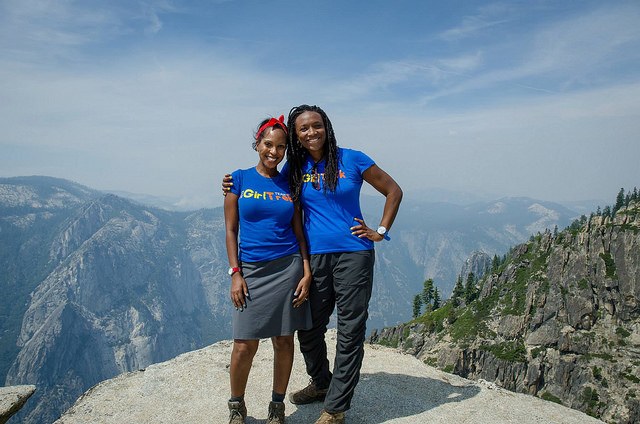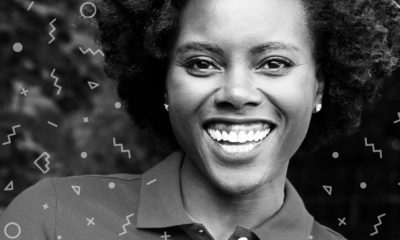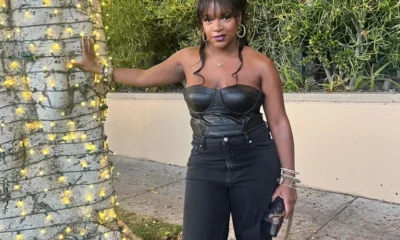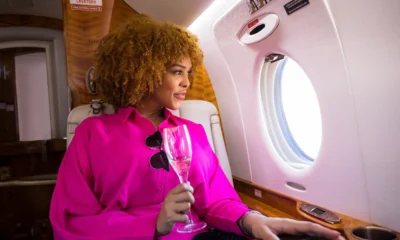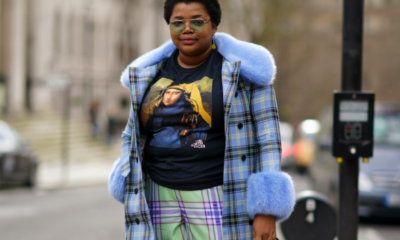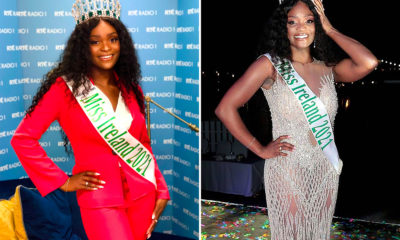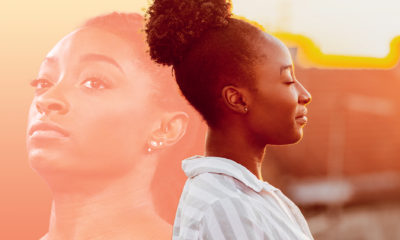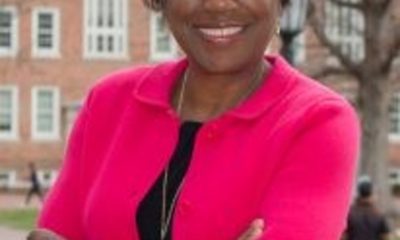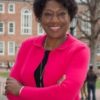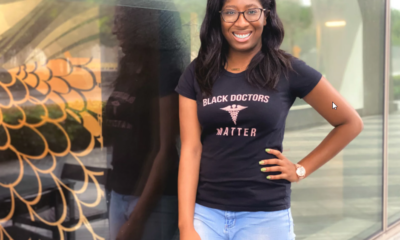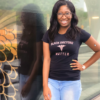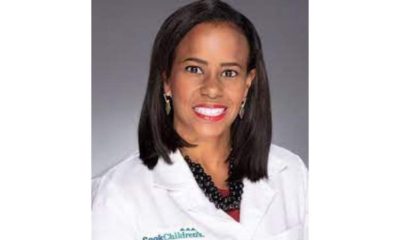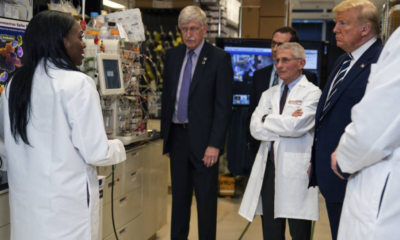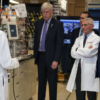Beauty and Health
Meet the Women Battling The Obesity Crisis in the Black Community, One Half-Hour Walk at a Time
When T. Morgan Dixon was teaching high school history in Atlanta in the early 2000s, she encountered an alarming statistic: Half of all black girls in America born after the year 2000 would be diagnosed with Type II diabetes in their lifetime unless a change was made to activity levels. Inspired to do something about it, she started taking groups of students hiking, naming the outings “GirlTrek.” But Dixon’s best friend, Vanessa Garrison, told her this wouldn’t do nearly enough to confront the looming health crisis. To create lasting change, why not target these girls’ mothers—on a national level?
Garrison and Dixon first met when they were 19 and living in Los Angeles. Both were full-time students working 40 hours a week at a posh investment firm. The women began taking long walks together, discussing their lives. They both realized they’d lost aunts and grandmothers at ages that barely qualified them for AARP cards. Why had they both lost family members prematurely? Why are women of color often depressed, isolated, and immobilized? Why are black women in America dying at such high rates from preventable diseases? And why does it seem like private weight-loss companies, government interventions, and public health campaigns have all failed them? They wanted answers.
Dixon and Garrison contended in their popular TED Talk this past April that the answer to that last question is that most “healthy living” programs are overly concerned with getting women “beach bodied,” so to speak. They focus on superficial solutions that “don’t acknowledge systemic racism,” as Garrison said in the speech, while failing to confront “the trauma that black women hold in our bellies and bones, that has been embedded in our very DNA.”
Because of their passion, GirlTrek morphed from a local hiking club into the largest health nonprofit for black women in the U.S., with more than 100,000 participants pounding the pavement in chapters across the country. Their mission is to “heal our bodies, inspire our daughters, and reclaim the streets of our neighborhoods.” And how do they do it? By going on daily walks for half an hour.
That might not sound like a lot, but Dixon and Garrison knew just how crucial these walks could be to the communities they serve. Black women have prioritized the care of others over themselves for generations, they explain. “We knew 30 minutes of walking was radical for a woman with two jobs, who has kids, whose husband may or may not be in the home because he may or may not be affected by systemic or racial injustice and violence,” Garrison says.
And sure, the health benefits of walking are well-proven, but it’s the ripple effect that really matters. “Thirty minutes in the sun feels like a recharging,” Dixon says. “It’s reclaiming your time, like Maxine Waters says. You can create your own rhythm and connect with your community in an no-pressure way.” Dixon and Garrison both cite the Civil Rights Movement and the march from Selma to Montgomery as inspirations. Because, as they say, “When black women walk, things change.”
That change doesn’t just manifest in endorphins and in sovereignty over one’s schedule, but also in transforming the space where women live and how they move through it. GirlTrekkers have lobbied local governments about access to sidewalks and greenspace, and have even bought back abandoned buildings they found on their walking routes. Just being a visible presence can result in safer streets. As Dixon told the audience in her TED Talk: “I can’t help but wonder what would happen if there were groups of women walking on Trayvon’s block that day.”
GirlTrek is now taking on the audacious goal of getting one million women walking. “We want to create a new culture of healthy communities, and we need a critical mass,” Garrison says. They are targeting the 50 most high-need communities in the rural South and Midwest, also known as “the obesity belt”—areas that have been blighted by industry and are devoid of healthy food choices. They are also launching a program called Black Girl Healing to train women as …
Please read original article- Meet the Women Battling The Obesity Crisis in the Black Community, One Half-Hour Walk at a Time



